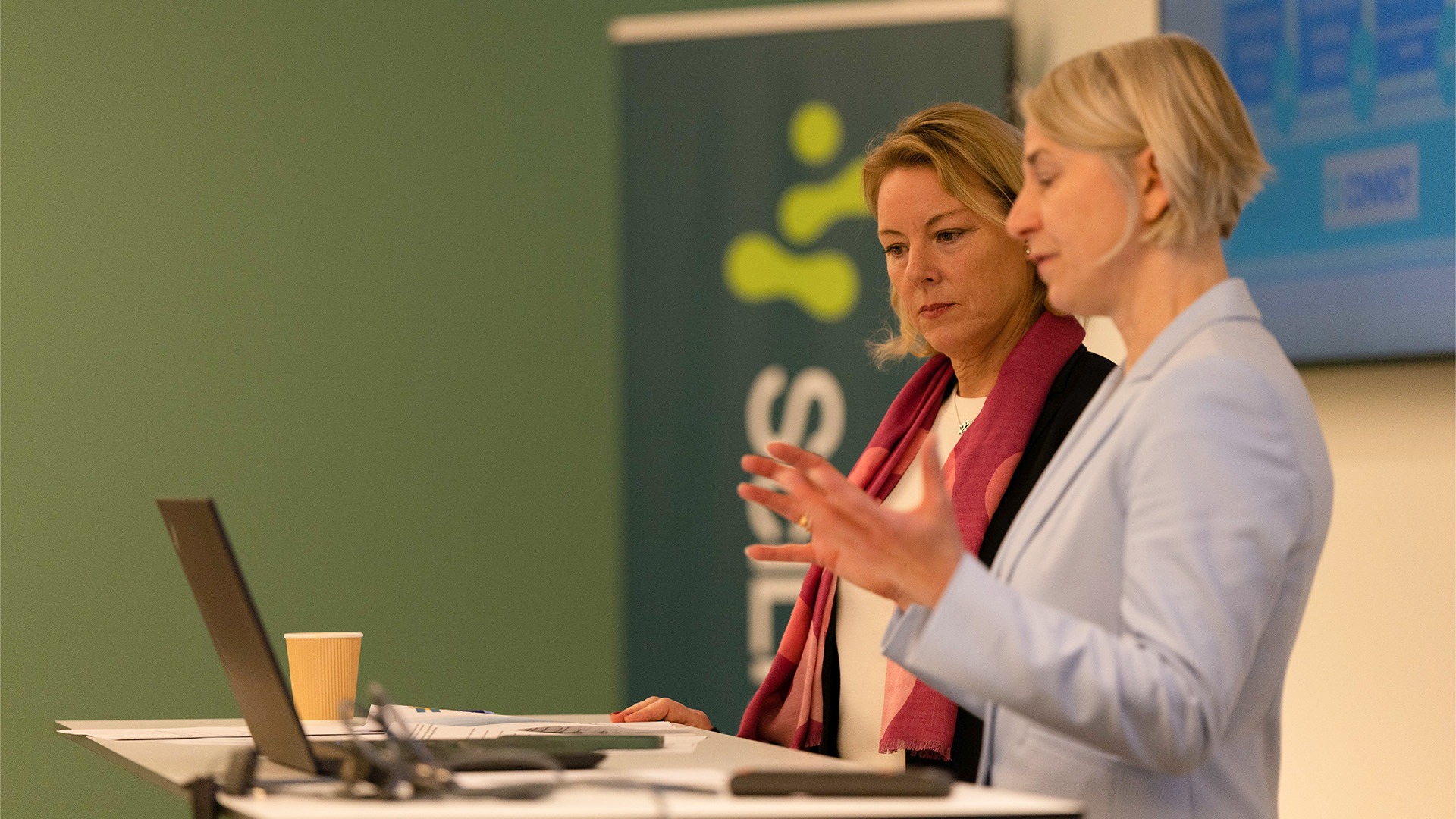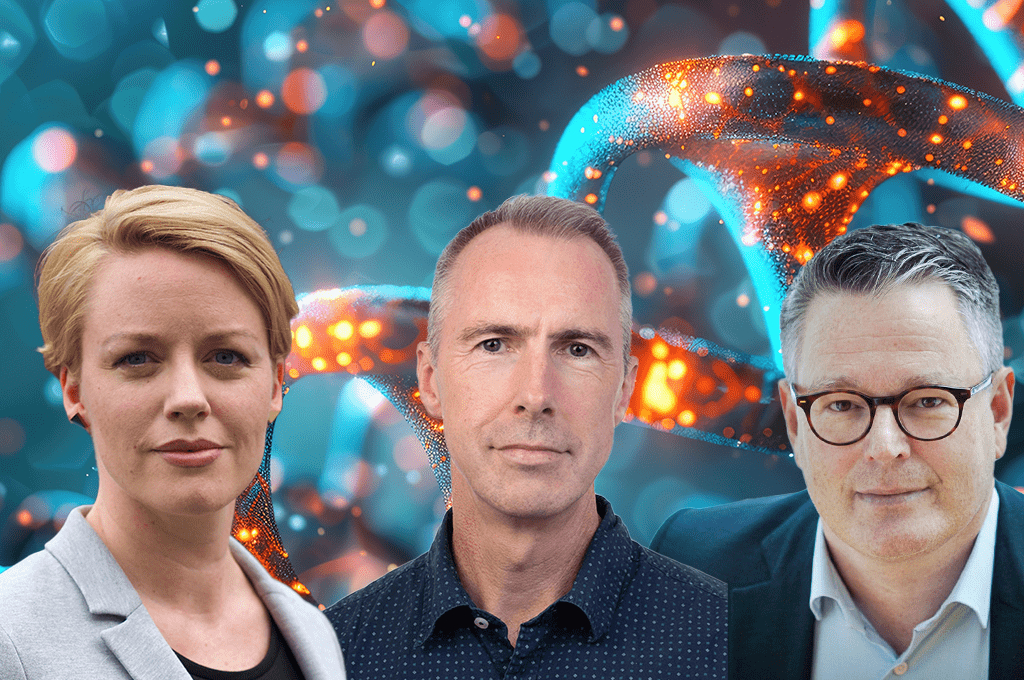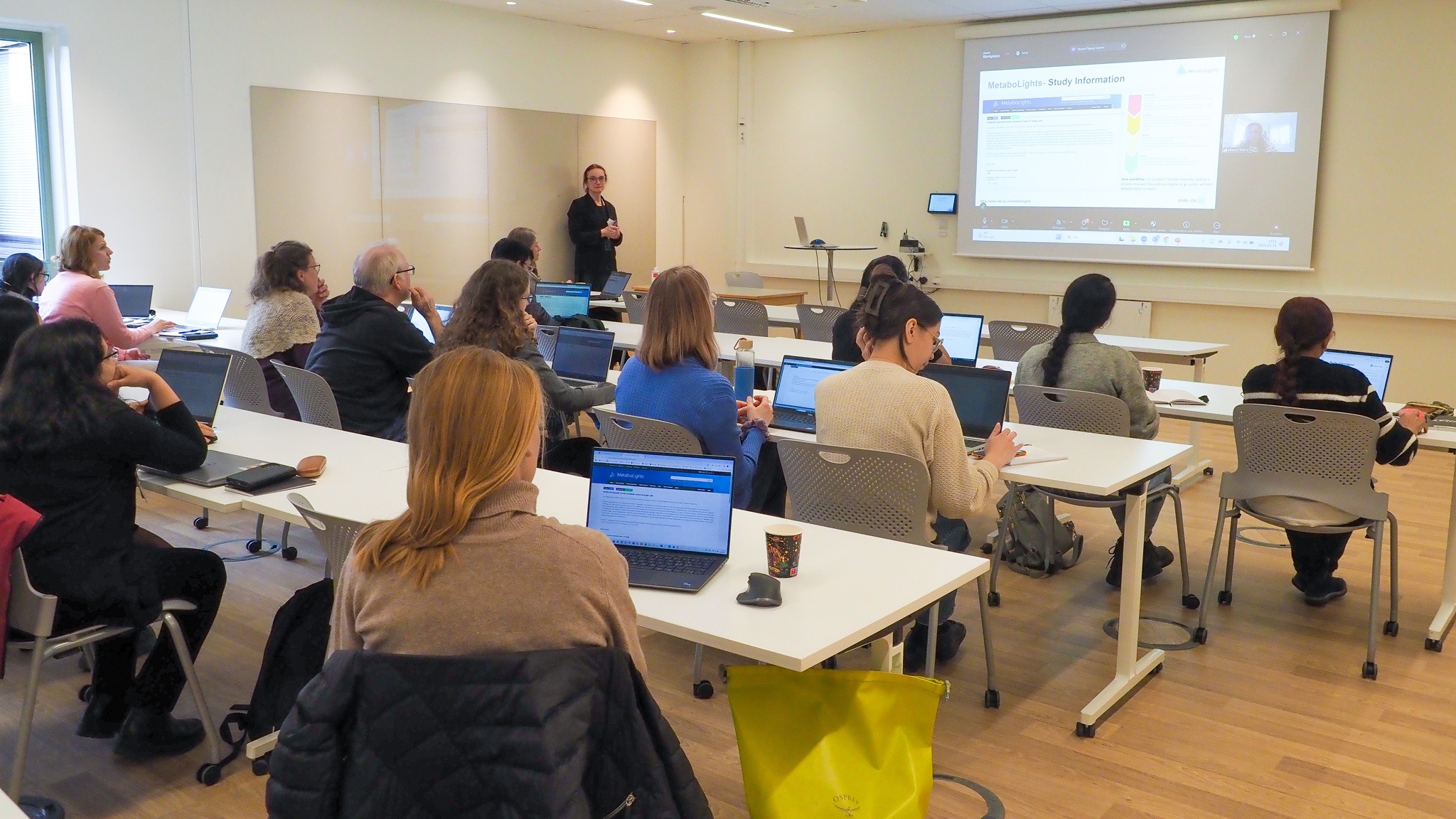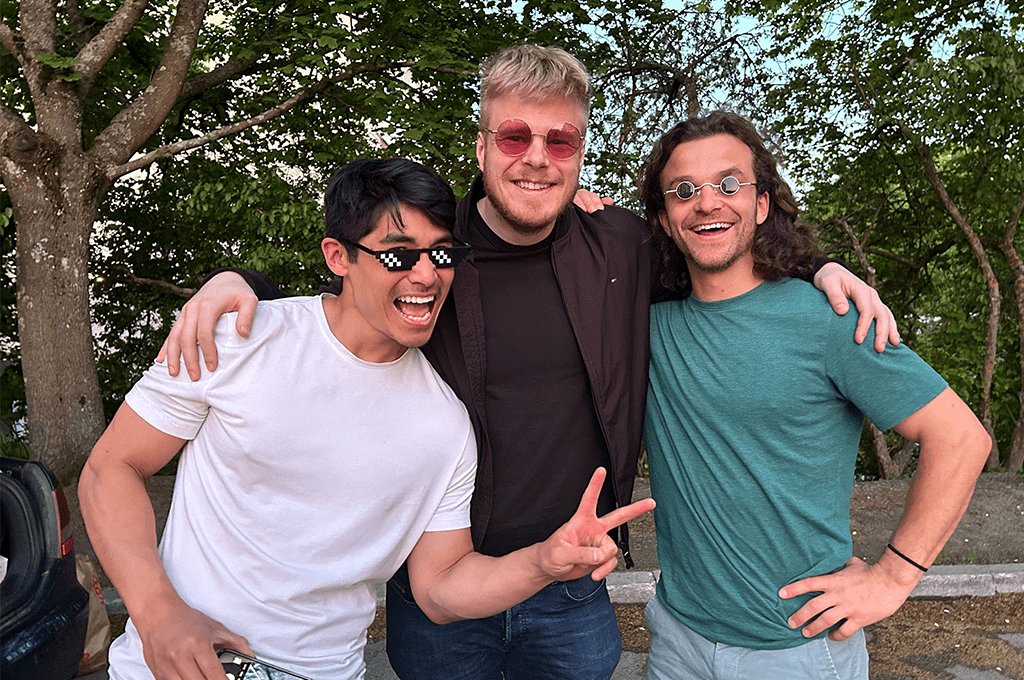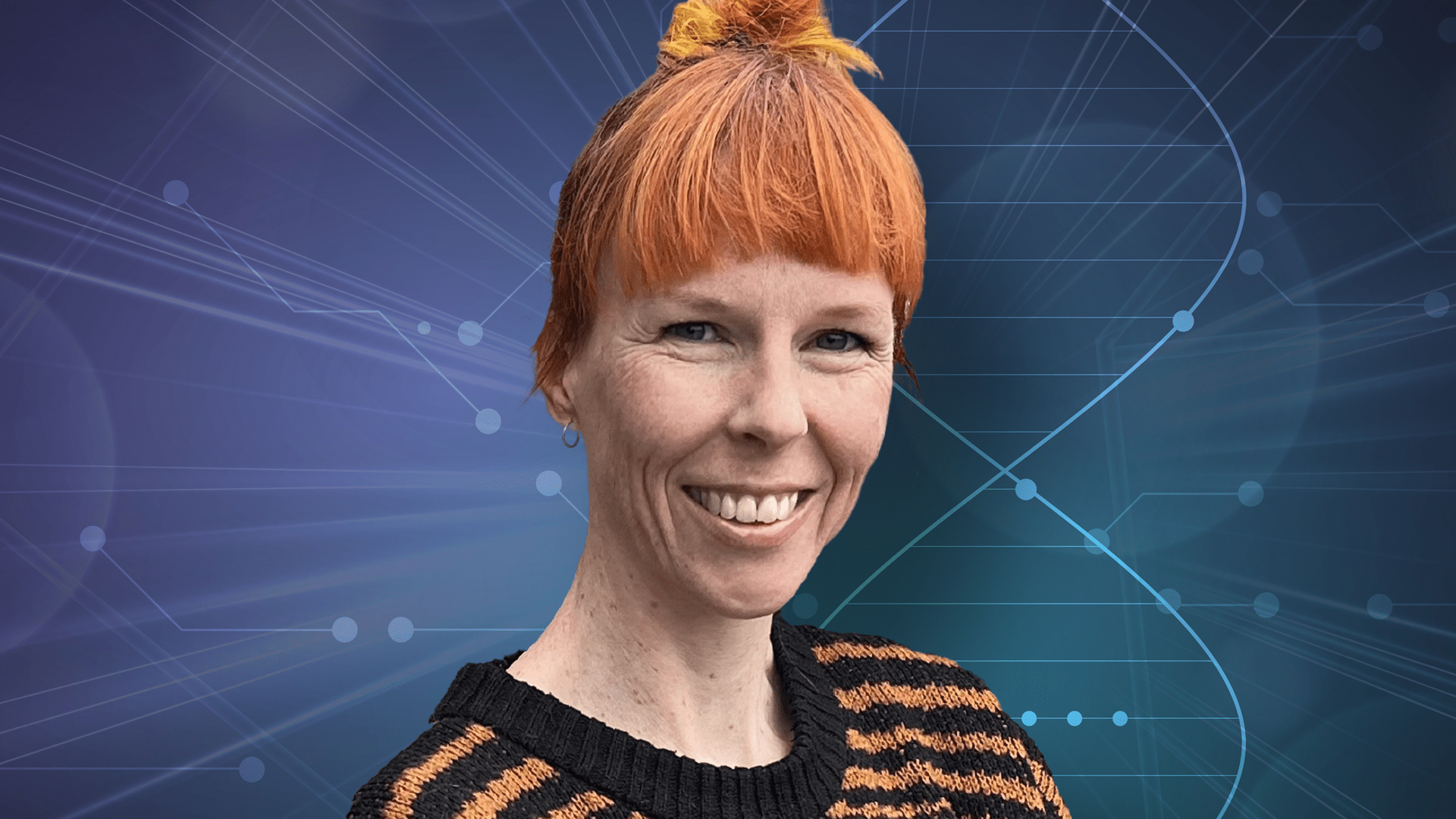Transformation of clinical practice and standard of cancer care in Sweden and Norway
In May, leaders in the field of precision medicine from Norway and Sweden met to discuss the future of the field at a SciLifeLab symposium. The event signaled the start of three days of strategic and scientific exchange, including the two-day conference Nordic precision medicine forum, where SciLifeLab also participated.
SciLifeLab hosted the morning session, which was arranged in cooperation with Vision Zero Cancer, GMS, all parties in Test Bed Sweden for Precision Health in Cancer, and the Norwegian delegation from InPred, Impress and Connect – the Norwegian Cancer Precision Medicine Implementation Consortium.
During the session, the Norwegian and Swedish speakers recounted their experiences with national and regional investments in precision medicine for cancer, discussing future opportunities and challenges. The Norwegian delegation, represented by Jutta Heix, Head of International Affairs at the Oslo Cancer Cluster and Coordinator of CONNECT, Sigbjørn Smeland, Head of Cancer Clinic at Oslo University Hospital and Oslo Comprehensive Cancer Centre, and Kjetil Taskén, Head of Institute of Cancer Research at Oslo University Hospital, detailed their own historical and current involvement with precision medical investments in cancer research.
In exchange, they learned more about important SciLifeLab investments regarding precision medicine, Precision Medicine Capability and Data-Driven Precision Medicine.
Swedish Precision Medicine
The Swedish delegation included SciLifeLab Director Olli Kallioniemi who introduced the listeners to SciLifeLab as a national Infrastructure and DDLS and Päivi Östling (Scientific Lead Precision Medicine, SciLifeLab) among others.
“The lectures on precision medicine were informative, sincere and good. The rooms vibrated with curiosity and passion for the subject. We all wanted to go in the same direction, but exactly how we will get there is yet to be determined. We all see the potential, but need to work together to realize our dream”, says Päivi Östling.
Additionally, the Swedish delegation spoke of the systematic work with precision medicine conducted between the SciLifeLab Clinical Genomics platform (CG) and Genomic Medicine Sweden (GMS), as well as their regional and local projects within the Precision Medical Center Karolinska, and the Karolinska Comprehensive Cancer Center.
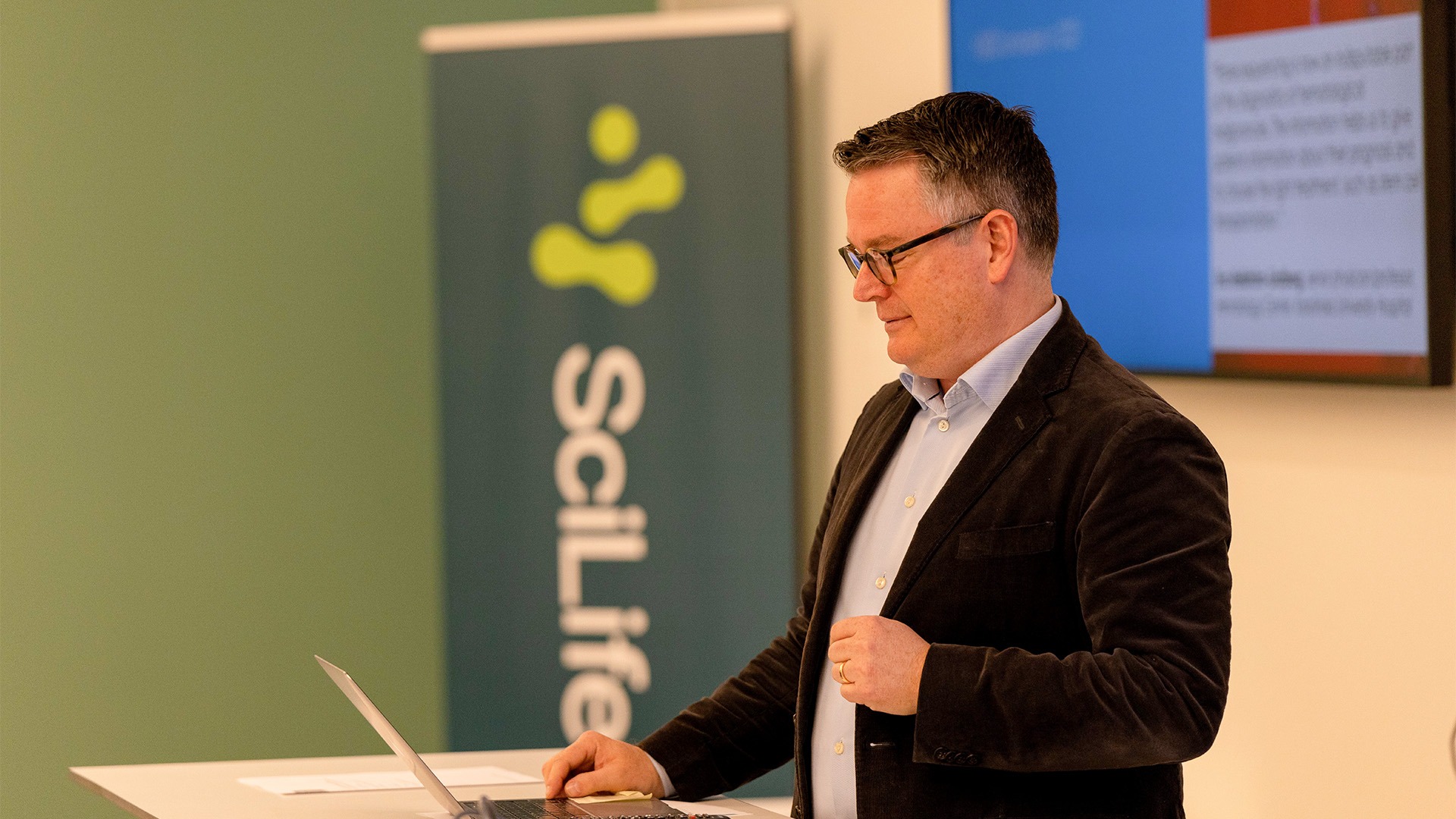
Richard Rosenquist Brandell, one of the ten speakers at the symposium, is the former Platform Director for the national Diagnostics Development Platform within SciLifeLab.
Today he is a project member of Test Bed Sweden PHC, and chair of Genomic Medicine Sweden (GMS) – which aims to build a new type of infrastructure within Swedish healthcare that implements precision medicine at a national level.
“The SciLifeLab Clinical Genomics platform and GMS have developed a ‘research-implementation’ cycle where the Clinical Genomics platform develops and adapts advanced technologies for diagnostics and GMS implements these in healthcare across the country”, says Richard Rosenquist Brandell. “In this way, we can continuously develop new precision diagnostics for healthcare and at the same time conduct research on the data generated”, he explains.
According to Rosenquist Brandell, there are currently many new, important and exciting initiatives in precision medicine taking off in Sweden.
“It is important that we, like Norway, work together to truly implement precision medicine in healthcare and at the same time pursue research and innovation in the field”, he says.
In Norway, the healthcare system is similar to Sweden’s, but consists of fewer regions. Another difference is that Sweden has invested in several areas of diagnosis within precision medicine – rare diagnoses such as cancer and infectious diseases. While the Norwegian initiative mainly applies to cancer.
“I see great opportunities for cooperation between the countries and hope we will achieve a memorandum of understanding”, he concludes.
Lessons from Norway
Ebba Hallersjö Hult, Co-founder and Head of Vision Zero Cancer, explained the role of her organization within the field of precision medicine.
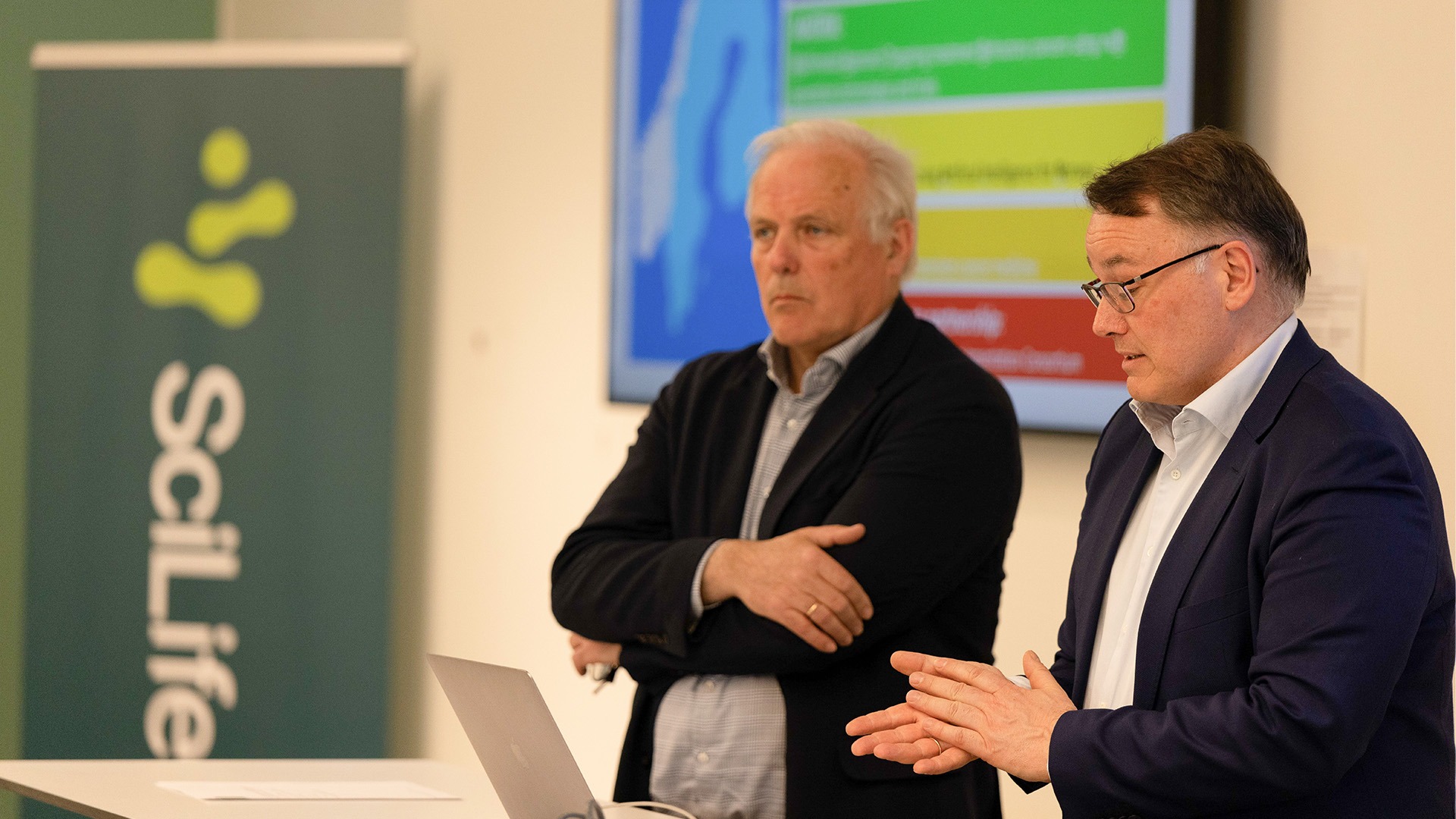
“Vision Zero Cancer is an innovation environment with the goal of transforming cancer from a deadly to a curable or chronic disease. We challenge existing ecosystems and connect new ones. We want to engage the whole of society, from the healthy citizen, the patient and relatives to healthcare, academia, industry and politics, to create value in Sweden and globally. Precision medicine requires exactly this and our flagship initiative Test Bed Sweden for Precision Health in Cancer is a national test bed to be able to bring about clinical studies and method development in precision medicine”, she says.
According to Ebba Hallersjö Hult, Norway has managed to skillfully connect all actors and developed a great sense of openness and trust between them.
“The Norwegian representatives described how advantageous it is when the university hospitals unite and speak with one voice. And it has been clearly stated that this (precision medicine project) is the concern of the whole of Norway, not just Oslo for example. It also makes it easier for politicians to make decisions when the actors demand a common reform, not ten different ones”, she says.
Ebba Hallersjö Hult and Richard Rosenquist Brandell are both intrigued and inspired by the Norwegian project called CONNECT.
“In Norway, a so-called public-private partnership called CONNECT has been established. Healthcare, academia, authorities, industry and patient associations gather there to identify and create solutions to the obstacles blocking the way towards implementing precision medicine, says Ebba Hallersjö Hult.
To pave the way and further investigate what such a model could look like in a Swedish setting, Vision Zero Cancer supports several projects led by two master’s students.
“The Norwegian initiative has built an ecosystem that is very nicely organized. We need to do something similar in Sweden”, says Richard Rosenquist Brandell.
Finally, Päivi Östling, who participated in the planning and execution of the three-day event, believes that while Sweden still has a lot to learn, the future of precision medicine looks bright.
“I wish to thank everyone who came and took the time to listen and present. It is not easy to connect entirely different organizations and insert completely new methods in a flexible way. Yet, everyone involved today acknowledged the need to do so. It is clear to us that no one knows everything, but we can all do something for precision medicine”, she says.
Facts:
The following actors are behind the initiative: Vision Zero Cancer, Genomic Medicine Sweden (GMS), Regional Cancer Centers (RCC), the Medical Products Agency, the Swedish Dental and Pharmaceutical Benefits Agency (TLV), SciLifeLab, the consortium behind the clinical study MEGALiT coordinated by Uppsala University Hospital , Stockholm School of Economics, Halmstad University, Institute of Health and Medical Economics (IHE), the Network against Cancer, the Lung Cancer Association, and the industry associations Lif, Swedish Medtech and Ascro.
